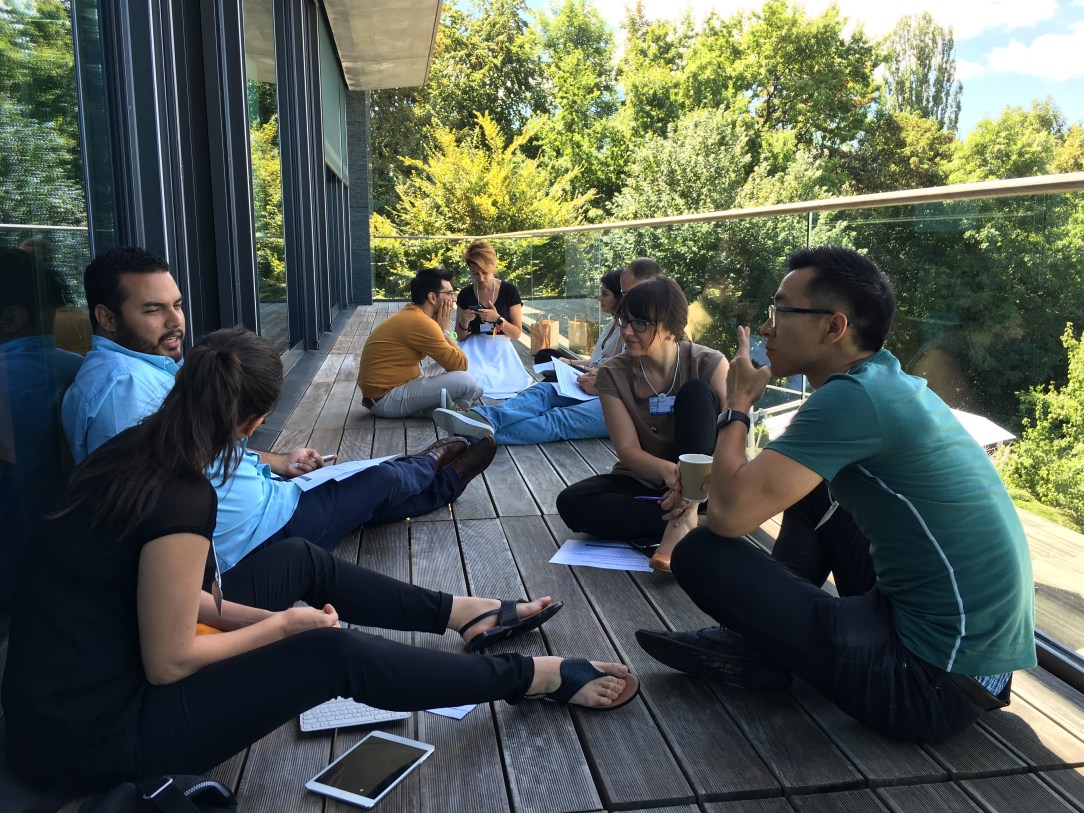This is part of my periodic review of my community services and self-appraisal. I find it enriching to serve underprivileged groups, and through my community commitments I discovered that I am moved by initiatives based on the values of social inclusion and social justice. I believe that enhancing social inclusiveness is critical to the community, and I wish to realize this by building community capacity in my voluntary work. But as I commit further to community service, I have dug deeper and reflected. And, I have found a more mature conception of inclusion and justice.
As a member of the Global Shapers Community, an initiative of the World Economic Forum, I had several opportunities to “deep dive” into the concepts of inclusion and justice. In 2014, I attended a conference at the Vatican on social inclusion, which was held by the World Economic Forum. My observations were published in the South China Morning Post in an opinion piece titled, “A fairer and more inclusive society requires patience and faith” in December 2014. In particular, I noted:
Discussions also focused on what sociologists call the three pillars to transform a society: the dominant social value system; the supporting institutions and policies; and, political will and leadership.
To align our social value system, we must include the whole community. Paraphrasing the pope, one prison priest said that “the world needs to cry together and have the wounds of exclusion witnessed. We cannot truly address poverty unless it hurts our souls”. To encourage inclusive discussions, we must allow the disempowered to have a voice.
In looking at the practicalities of implementing inclusive initiatives, I came to the following realization:
The premise of the conference was that a global change in mindset is critical. To participate meaningfully in society, we must first avoid parochialism in all strata of society. It’s time to question the concepts we have organised our lives around – for example, the idea that if we could “grow the pie” of wealth, our poverty alleviation policies should not focus on distributive measures. We need to find ways to talk about “fluffy” concepts – like dignity and justice – in effective ways with those who value the quantified and quantifiable.
When I was serving as a Hub Activities Council Member of the Global Shapers Community, I learned about amazing projects of community empowerment which were organized by Global Shapers worldwide. I had access to the individuals designing and running these projects. I found out how teams of Shapers researched, planned, and implemented their ways of improving the state of the world, drawing on their networks and talents. These experiences made me reflect on the inclusiveness of the process for developing inclusive initiatives.
Successful execution of Shapers’ initiatives require well-curated engagement with stakeholders. This is the typical stages of a project cycle:
- Planning,
- Consultation,
- Synthesis,
- Implementation,
- Feedback, and
- Refinement.
Project leadership must ensure a good balance of commitment to each stage. Too little and too much “listening”, for example, could be damaging to the integrity of decision-making. In the former case, there are large risks attached to false assumptions and unchallenged internal bias. In the latter, noise and distractions could easily drown out and dilute the impact of constructive feedback. Doing stakeholder engagement right is a real test of judgement and leadership.
These project management lessons could be applied to building social inclusion and strengthening social justice, serving to create a set of checks and balances. And, this begins with having an inclusive mindset.
